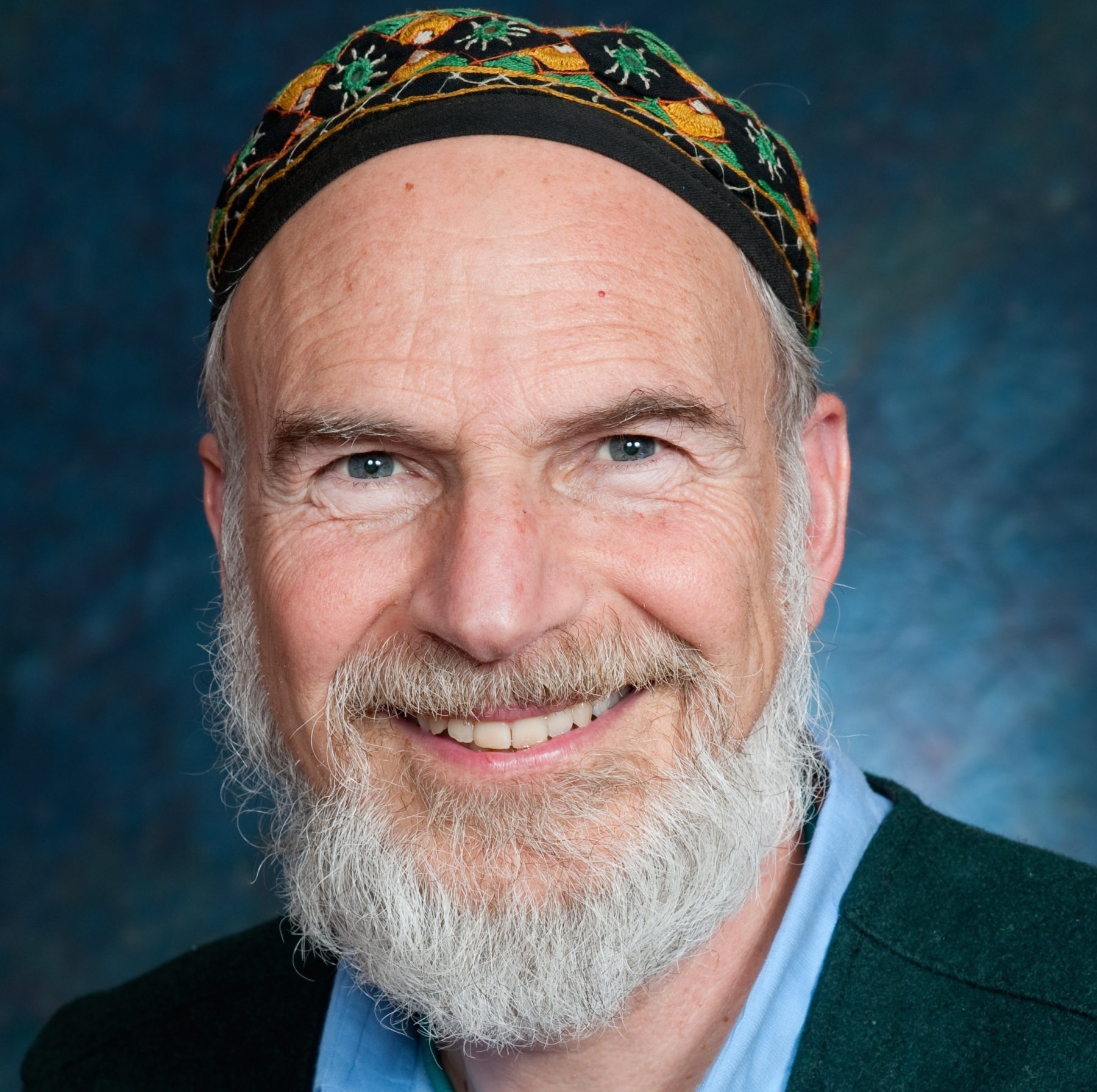A discussion of how and why coalitions are effective in enacting political change and moving issues forward.
In order to achieve progress on large-scale issues such as poverty, violence, mass incarceration or environmental destruction, significant power is required. One way of building power is to bring together many different organizations that agree to work together on specific issues. The greater the number of organizations involved, the more difficult it becomes to achieve agreement on a wide range of issues. The way forward is to focus on a clear set of defined goals or issues to be addressed. This allows for groups to cooperate on defined issues while disagreeing on others.
One example that I am familiar with is the Interfaith Center on Corporate Responsibility that does excellent working on justice related to health, environmental and labor issues. It is composed of over 275 faith-based groups from a broad section of the religious community. The largest faith group within the ICCR are Roman Catholics, represented by a variety of orders and institutions. Many other members are pro-choice. The ICCR does not act on issues related to abortion. It is an effective coalition. A coalition has limited goals and the agreements to work together on based on those goals. There is no presumed agreement on any issues outside those goals. This has given rise to the phrase, “Politics makes strange bedfellows.”
The generally accepted definition of a coalition is a group of organizations that temporarily come together for the purpose of gaining more influence and power than the individual organizations can achieve on their own. By focusing on their common objectives and goals, all of the member groups can increase their impact on issues of common interest.
Coalitions can be very formal creating whole new organizations with very detailed membership and decision making rules, e.g. ICCR, or they can be far looser, with one or two organizations taking the lead and many others endorsing as partners An example of the latter is the Poor People’s Campaign that has over 125 partner organizations, many of whom disagree with each other on other issues. Regardless of the structure, the agreement and endorsements are limited to the specific issues being addressed by the coalition. The looser the coalition, the easier it is to leave when an organization perceives that its interests are no longer being met.
One side benefit from entering into coalitions with groups with which one has disagreements is the opportunity to build relationships and then engage in dialogue and defuse hostility. New understandings can emerge, enabling additional ways of working together.
Coalitions can accomplish objectives beyond the scope of any single organization. Given the magnitude of the problems facing us today, coalitions are an important tool in bringing about progress.







